Intro
Discover hypertension symptoms in women, including high blood pressure signs, silent killers, and cardiovascular risks, to prevent heart disease and stroke through early detection and management of female-specific hypertension indicators.
Hypertension, also known as high blood pressure, is a common health issue that affects millions of people worldwide, including women. It is a condition where the blood pressure in the arteries is consistently too high, which can lead to serious health problems if left untreated. Women are particularly vulnerable to hypertension due to various factors such as hormonal changes, lifestyle, and genetics. In this article, we will delve into the world of hypertension symptoms in women, exploring the warning signs, risk factors, and ways to manage this condition.
Hypertension can be a silent killer, as it often does not exhibit noticeable symptoms in its early stages. However, as the condition progresses, women may start to experience certain symptoms that can indicate the presence of high blood pressure. These symptoms can vary from mild to severe and may include headaches, dizziness, nosebleeds, and shortness of breath. It is essential for women to be aware of these symptoms and take proactive steps to prevent and manage hypertension.
The importance of recognizing hypertension symptoms in women cannot be overstated. High blood pressure can lead to severe complications, such as heart disease, stroke, and kidney disease, which can significantly impact a woman's quality of life. Furthermore, hypertension can also increase the risk of pregnancy complications, such as preeclampsia, which can be life-threatening for both the mother and the baby. By understanding the symptoms and risk factors associated with hypertension, women can take control of their health and reduce their risk of developing this condition.
Hypertension Symptoms in Women
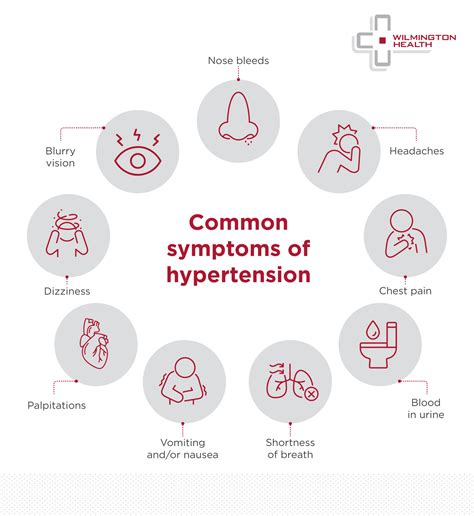
Hypertension symptoms in women can be subtle and may not always be noticeable. However, some common symptoms include:
- Headaches: Frequent and severe headaches can be a sign of high blood pressure.
- Dizziness: Women with hypertension may experience dizziness or lightheadedness, especially when standing up quickly.
- Nosebleeds: Frequent nosebleeds can be a symptom of high blood pressure.
- Shortness of breath: Women with hypertension may experience shortness of breath or difficulty breathing, especially during physical activity.
- Chest pain: Chest pain or discomfort can be a sign of high blood pressure, especially if it is accompanied by other symptoms such as shortness of breath or dizziness.
Risk Factors for Hypertension in Women
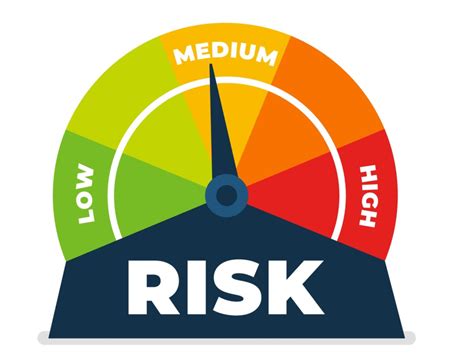
Several risk factors can increase a woman's likelihood of developing hypertension. These risk factors include:
- Age: Women over 40 are more likely to develop hypertension.
- Family history: Women with a family history of hypertension are more likely to develop the condition.
- Obesity: Women who are overweight or obese are more likely to develop hypertension.
- Physical inactivity: Women who lead a sedentary lifestyle are more likely to develop hypertension.
- Smoking: Women who smoke are more likely to develop hypertension.
- High sodium intake: Women who consume high amounts of sodium are more likely to develop hypertension.
Diagnosing Hypertension in Women
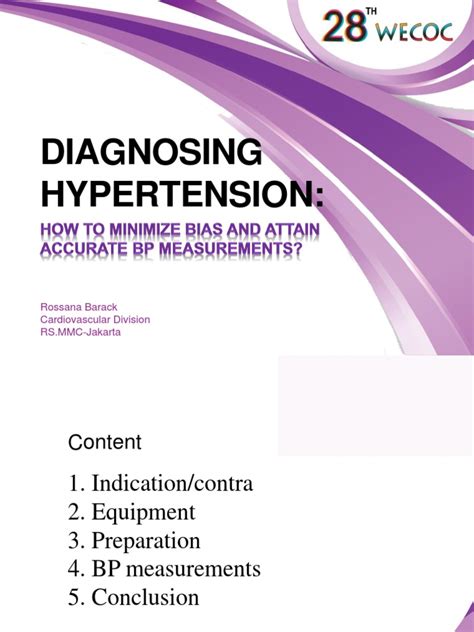
Diagnosing hypertension in women typically involves a physical examination, medical history, and blood pressure measurements. A healthcare provider will use a blood pressure monitor to measure the woman's blood pressure, which is typically measured in millimeters of mercury (mmHg). A blood pressure reading of 120/80 mmHg or lower is considered normal, while a reading of 140/90 mmHg or higher is considered high.
Managing Hypertension in Women
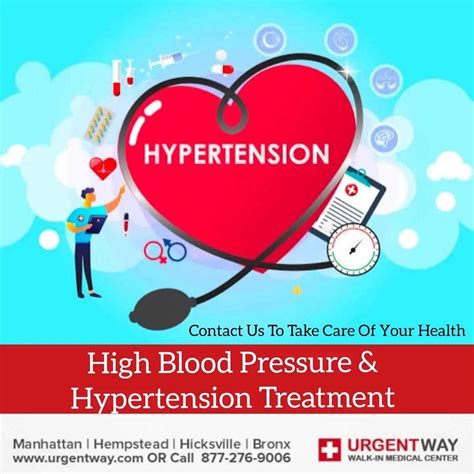
Managing hypertension in women involves a combination of lifestyle changes and medical treatment. Lifestyle changes include:
- Eating a healthy diet: Women with hypertension should focus on eating a balanced diet that is low in sodium and rich in fruits, vegetables, and whole grains.
- Exercising regularly: Regular physical activity can help lower blood pressure and improve overall health.
- Quitting smoking: Women who smoke should quit to reduce their risk of developing hypertension.
- Reducing stress: Women with hypertension should find healthy ways to manage stress, such as meditation or yoga.
Medical treatment for hypertension typically involves medication, such as diuretics, beta blockers, or ACE inhibitors. Women with hypertension should work closely with their healthcare provider to develop a treatment plan that is tailored to their individual needs.
Complications of Hypertension in Women
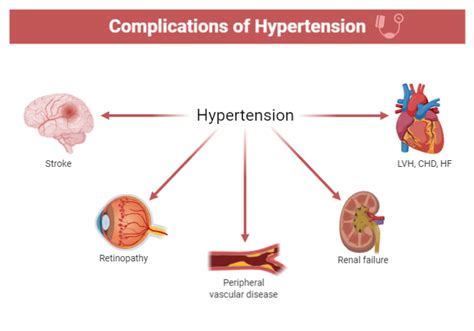
If left untreated, hypertension can lead to serious complications in women, including:
- Heart disease: High blood pressure can increase the risk of heart disease, including heart attacks, strokes, and heart failure.
- Kidney disease: Hypertension can damage the kidneys and increase the risk of kidney disease.
- Pregnancy complications: Women with hypertension are at increased risk of pregnancy complications, such as preeclampsia.
- Vision problems: High blood pressure can damage the blood vessels in the eyes and increase the risk of vision problems.
Preventing Hypertension in Women
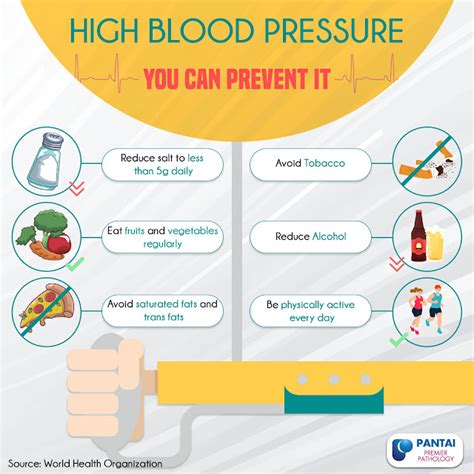
Preventing hypertension in women involves a combination of lifestyle changes and regular health check-ups. Women can reduce their risk of developing hypertension by:
- Eating a healthy diet: Focus on eating a balanced diet that is low in sodium and rich in fruits, vegetables, and whole grains.
- Exercising regularly: Regular physical activity can help lower blood pressure and improve overall health.
- Maintaining a healthy weight: Women who are overweight or obese should work to achieve a healthy weight.
- Getting enough sleep: Women should aim for 7-8 hours of sleep per night to help regulate blood pressure.
- Managing stress: Women should find healthy ways to manage stress, such as meditation or yoga.
What are the symptoms of hypertension in women?
+The symptoms of hypertension in women can include headaches, dizziness, nosebleeds, and shortness of breath.
How is hypertension diagnosed in women?
+Hypertension is typically diagnosed through a physical examination, medical history, and blood pressure measurements.
How can women prevent hypertension?
+Women can prevent hypertension by eating a healthy diet, exercising regularly, maintaining a healthy weight, getting enough sleep, and managing stress.
What are the complications of hypertension in women?
+The complications of hypertension in women can include heart disease, kidney disease, pregnancy complications, and vision problems.
How can women manage hypertension?
+Women can manage hypertension through a combination of lifestyle changes and medical treatment, including eating a healthy diet, exercising regularly, quitting smoking, and taking medication as prescribed by their healthcare provider.
In conclusion, hypertension is a serious health issue that affects millions of women worldwide. By understanding the symptoms, risk factors, and ways to manage this condition, women can take control of their health and reduce their risk of developing hypertension. It is essential for women to prioritize their health and work closely with their healthcare provider to develop a personalized plan for preventing and managing hypertension. We encourage readers to share their experiences and ask questions in the comments below, and to share this article with others who may be affected by hypertension. By working together, we can raise awareness and promote healthy living to prevent and manage hypertension in women.
